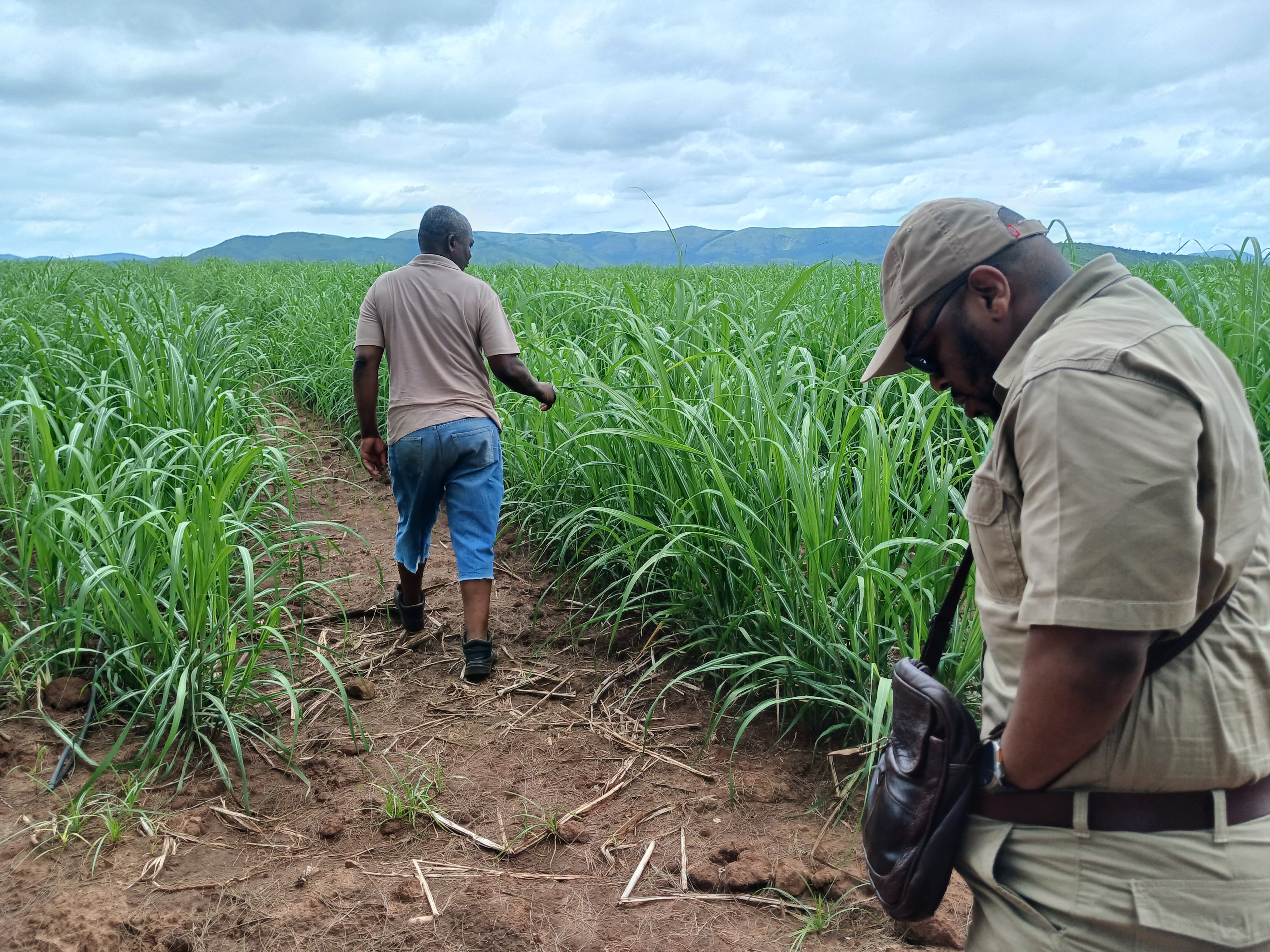-
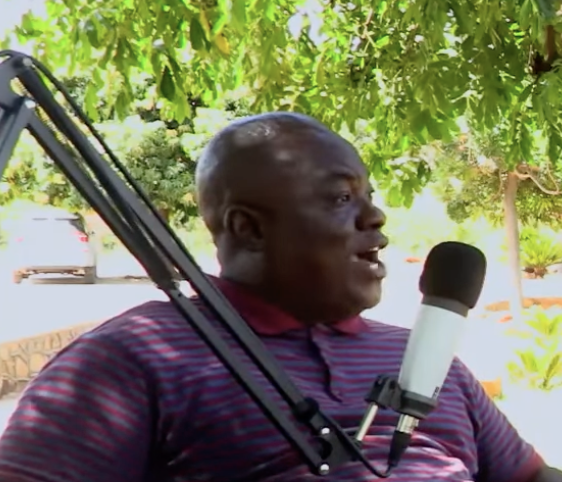 Scammed Northern Cape farm workers in limbo as government dithers
Scammed Northern Cape farm workers in limbo as government dithers
-
 Municipality told to recover R5m ‘wasted’ in fight against Johann Rupert’s company
Municipality told to recover R5m ‘wasted’ in fight against Johann Rupert’s company
-
Embedded officials give transnational drug dealers a hassle-free pass into the country
-
‘Protect secret state information’ – Mbalula
-
Transnet fails in a court bid to force Gijima to hand over IT services
-
Scientists warn of first climate change tipping points threatening the earth
-
Mbombela council appeals after MEC flip-flops on CFO’s employment dispute
-
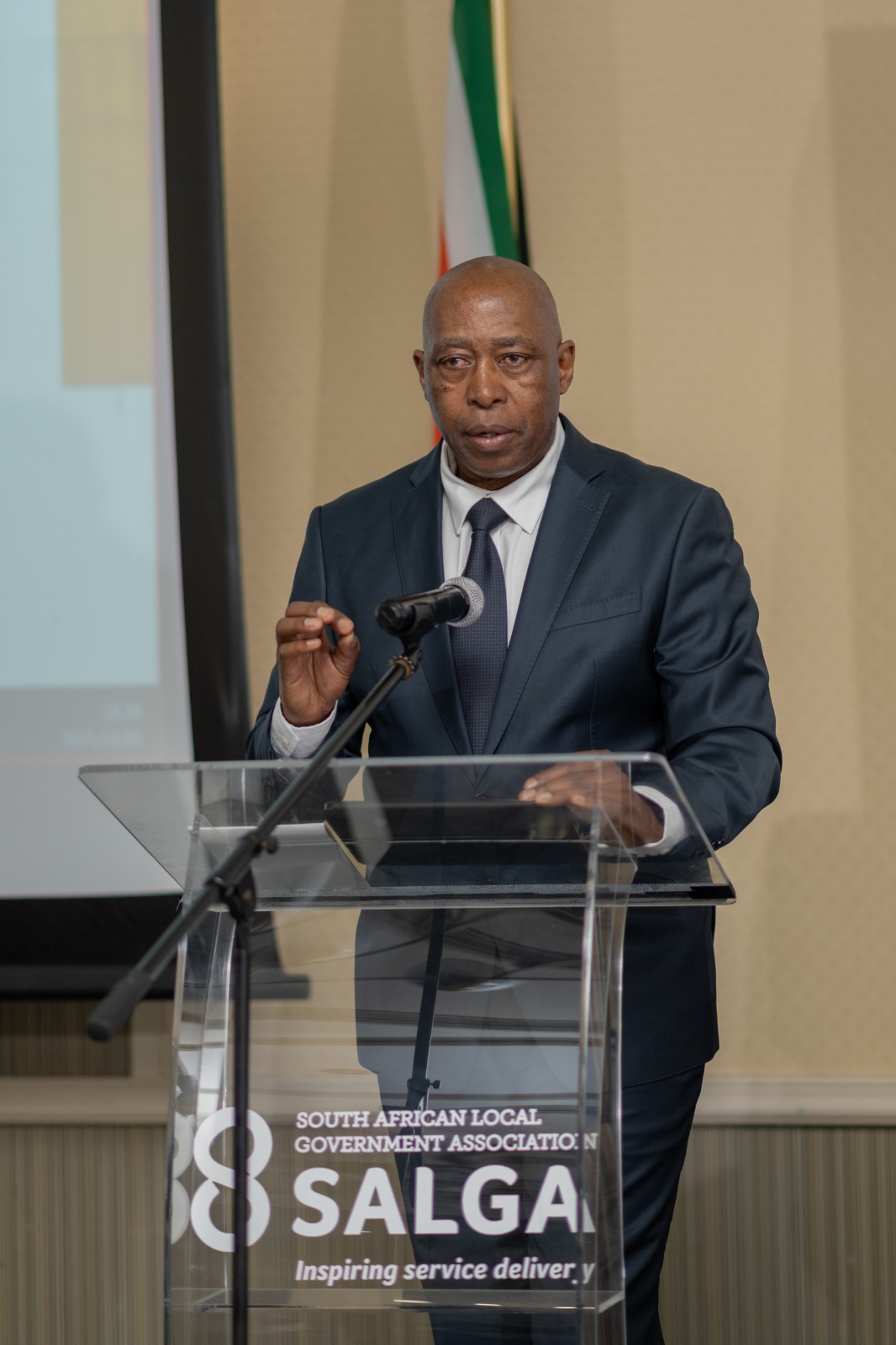 MP Coghsta MEC’s ‘reckless’ decision plunges Mbombela councillors into debt
MP Coghsta MEC’s ‘reckless’ decision plunges Mbombela councillors into debt
-
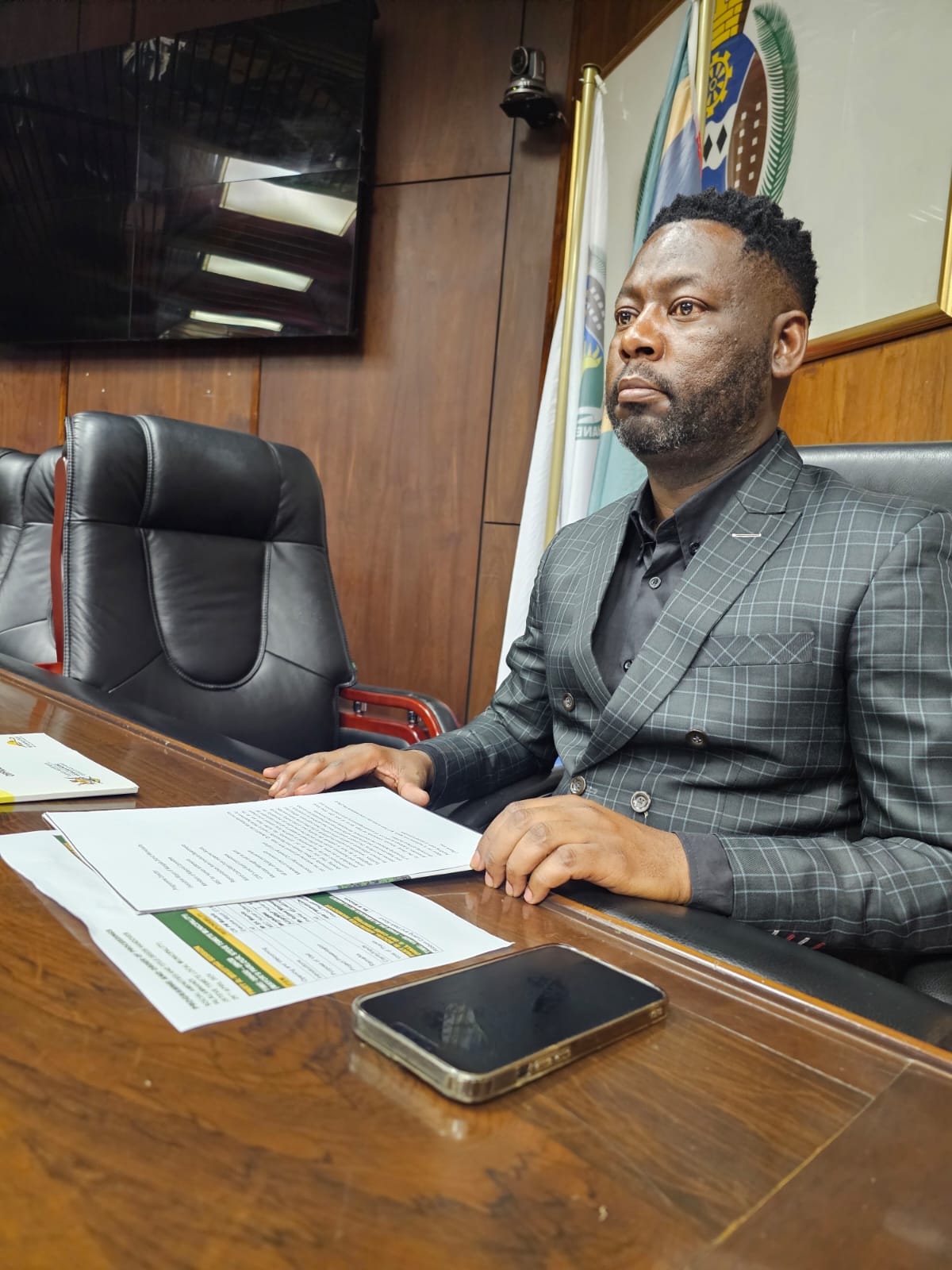 Mayor protects manager a court found to be ‘neglectful’
Mayor protects manager a court found to be ‘neglectful’
-
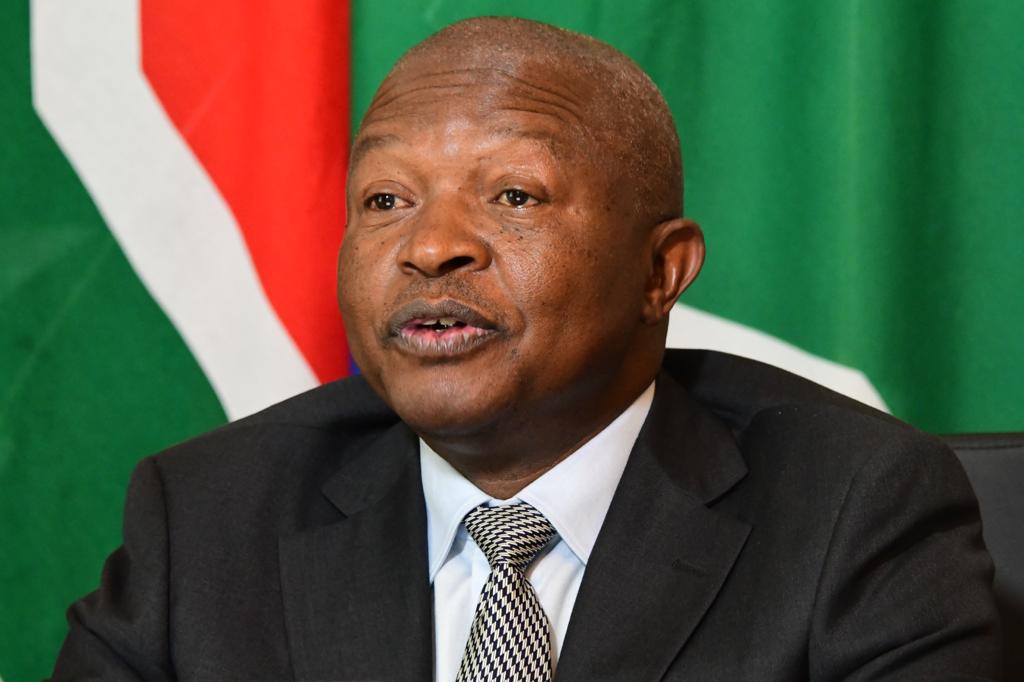 DD Mabuza’s costly legacy: R500m gone!
DD Mabuza’s costly legacy: R500m gone!
How the Matsamo CPA changed wrong perception that blacks cannot run commercial farms
Sizwe sama Yende
Twenty years ago, Inala Farm was a jewel, exporting citrus, papayas and bananas in the Middle East, European Union and Asia.
The Department of Land Reform and Rural Development decided to buy 25% shares of the 1 300-hectare Inala near Malalane on behalf of the workers who used their land acquisition grants of R16 000 each and another 25% for itself.
Land reform projects in South Africa had been failing – farming enterprises have died and blacks who were dispossessed of land were being left landless again. According to researches, more than 70% of land reform projects in South Africa, made up of about 9 million hectares, have become unproductive for various reasons, such as squabbles among the beneficiaries, lack of funding and skills.
Inala was no exception.
The farm labourers, who were now shareholders, complained of being paid slave wages and denied access to the business’ books. What happened next was disastrous. The business went bankrupt and was liquidated. The Department of Land Reform and Rural Development bought the farm, again, at an auction. Production stopped and Inala became an eyesore with overgrown bushes.
Towards the end of last year, things began changing after the department transferred the farm to its deserving owners – the Matsamo Communal Property Association (CPA), which had lodged a restitution claim on Inala and other nearby commercial farms worth about R800 million. The Matsamo properties include mango, litchi, orange, grapefruit, sugarcane, and pawpaw estates.
The CPA had been running its businesses so efficiently, Deputy President Paul Mashatile declared during his visit to the Matsamo properties last year that government would take notes and apply the same strategies the CPA was using for its successes.
Matsamo CPA acting chairperson, Mduduzi Shabangu, said the CPA had so far managed to run its projects without government funding.
“We have managed to come up with models to run our businesses even though we lack in finances,” Shabangu said. The models include leasing acquired land to established agricultural companies and make some income, entering in joint venture deals with previous landowners and using savings from the leased land to invest and run some farms on their own.
Through its efforts, the CPA has been able to pay R8 million annually as dividends to beneficiary families without fail over the past decade, offered bursaries and donated to public institution for renovations.
The Matsamo CPA is now bringing Inala back to its former self. Now, 300 hectares have been cleared for sugarcane and papaya, and 131 hectares of sugarcane have been planted as part of a R25 million investment the CPA has undertaken with a strategic partner.
STRATEGIC PARTNERSHIPS
Mbuso Thumbathi, CEO of Phahlane AgriSolutions, an agricultural professional, accounting and consulting services company, said that the good result of the Matsamo CPA and its strategic partners was evidence on the amount of work that had to be done.
“We have always argued that investment requires forward-looking leadership and a stable environment. Partnerships between strategic partners/investors and land owners on land reform projects are encouraged. It is also important to pair commercial farmers with small-scale and land reform projects. All that must be done is alignment of values and clear conditions,” said Thumbathi.
What attracted Mashatile’s attention was how the CPA had successfully run the Tomahawk and Laughing Waterfall estates.
Tomahawk estate is run as a joint venture, Matsamo Tomahawk JV. The estate, which is the biggest single producer of litchis in South Africa, also grows citrus on 700 hectares, bananas (310ha), mangoes (200ha), papayas (30ha) litchis (160ha) and sugarcane (616ha). Matsamo Tomahawk JV exports to Russia, Canada, China and Singapore, as well as other parts of Europe and the Middle East. The CPA has a 50% shareholding Matsamo Tomahawk JV.
“We did not have the money to buy shares, so we brought our land and leased it to the company. The money we get for the lease pays for our share in the company,” Shabangu said.
Shabangu said that the CPA ran the banana estate, Laughing Waterfall, on its own and without any outside help. The CPA developed the estate with R5 million raised from leasing some of its farms. Laughing Waterfall is a pilot for the CPA because it aims to eventually run all its projects on its own at the end of term of joint venture contracts.
MATSAMO CPA’S ENTREPRENEURIAL SPIRIT
Like Tomahawk, Inala is run on a joint venture arrangement. One of Matsamo Tomahawk JV directors, Guy McCormack, said the farm had been unproductive for just over a decade and hoped to make it a success like Tomahawk.
“The reasons for the success have been our relationship with the Matsamo community. A fractured relationship does not attract investment. As investors we need a stable environment to invest,” McCormack said.
He added that the entrepreneurial spirit of Matsamo CPA members had been a boon to the joint venture. McCormack said that the stability had emboldened Tomahawk to make further investments such as in a R62 million state-of-the-art packhouse with a capacity of storing 400 000 tonnes of fruit per season. “This packhouse will enable us to expand our citrus area and employ more people than the 2000 we currently employ.”

